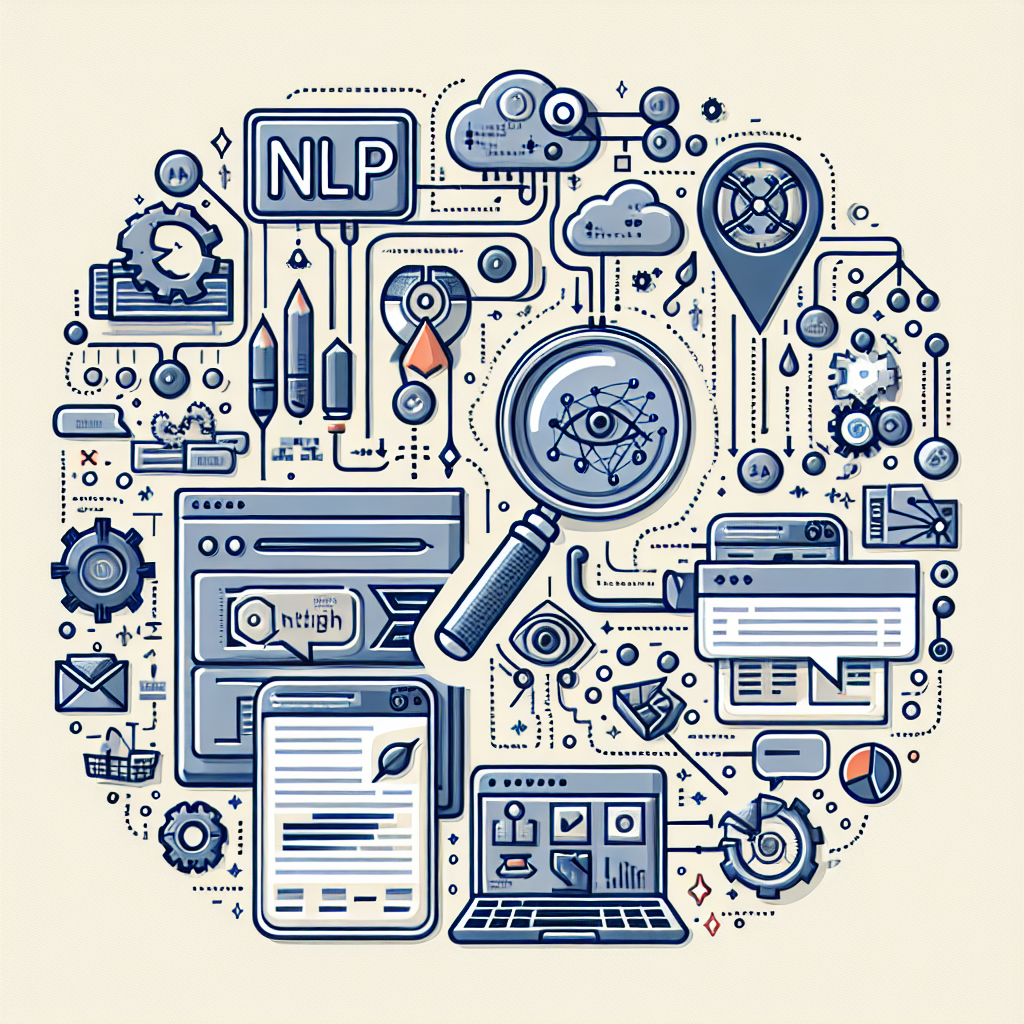Natural Language Processing (NLP) is a field of artificial intelligence that focuses on enabling computers to understand, interpret, and generate human language in a way that is both valuable and meaningful. This technology has had a significant impact on content curation, revolutionizing the way content is created, organized, and delivered to users.
In the past, content curation was a time-consuming and labor-intensive process. It required human editors to sift through vast amounts of information, select relevant content, and organize it in a way that would be useful to readers. However, with the advent of NLP, this process has been streamlined and automated, making it faster, more efficient, and more accurate.
One of the key ways in which NLP has impacted content curation is through the use of natural language understanding algorithms. These algorithms are able to analyze and interpret text in a way that mimics human comprehension, allowing them to extract key information, identify themes and trends, and determine the relevance of content to a particular topic or audience.
By using NLP technology, content curators are able to quickly and easily identify the most important and relevant content from a vast array of sources, saving time and resources. This not only improves the efficiency of the curation process but also ensures that users are presented with high-quality, relevant content that is tailored to their interests and needs.
Another way in which NLP has impacted content curation is through the use of sentiment analysis. This technology allows computers to analyze the tone and emotion of a piece of content, enabling curators to better understand the opinions and attitudes expressed in the text. By incorporating sentiment analysis into the curation process, content curators can ensure that they are selecting content that resonates with their audience and reflects their values and beliefs.
In addition to improving the efficiency and accuracy of content curation, NLP has also had a significant impact on the personalization of content. By analyzing user data and preferences, NLP algorithms can tailor content recommendations to individual users, ensuring that they are presented with content that is relevant, timely, and engaging. This not only enhances the user experience but also increases user engagement and retention.
Overall, the impact of NLP on content curation has been profound, transforming the way content is created, organized, and delivered to users. By leveraging the power of natural language understanding algorithms, sentiment analysis, and personalized recommendations, content curators are able to provide users with a more engaging and relevant content experience.
FAQs:
Q: How does NLP technology work?
A: NLP technology works by using algorithms to analyze and interpret human language in a way that mimics human comprehension. These algorithms are able to extract key information, identify themes and trends, and determine the relevance of content to a particular topic or audience.
Q: What are some examples of NLP applications in content curation?
A: Some examples of NLP applications in content curation include natural language understanding algorithms, sentiment analysis, and personalized recommendations. These technologies help content curators to identify relevant content, analyze the tone and emotion of text, and tailor content recommendations to individual users.
Q: How does NLP improve the efficiency of content curation?
A: NLP improves the efficiency of content curation by automating and streamlining the process of selecting, organizing, and delivering content to users. By using NLP technology, content curators are able to quickly and easily identify the most important and relevant content from a vast array of sources, saving time and resources.
Q: How does NLP enhance the personalization of content?
A: NLP enhances the personalization of content by analyzing user data and preferences to tailor content recommendations to individual users. By leveraging the power of NLP algorithms, content curators can provide users with content that is relevant, timely, and engaging, increasing user engagement and retention.

